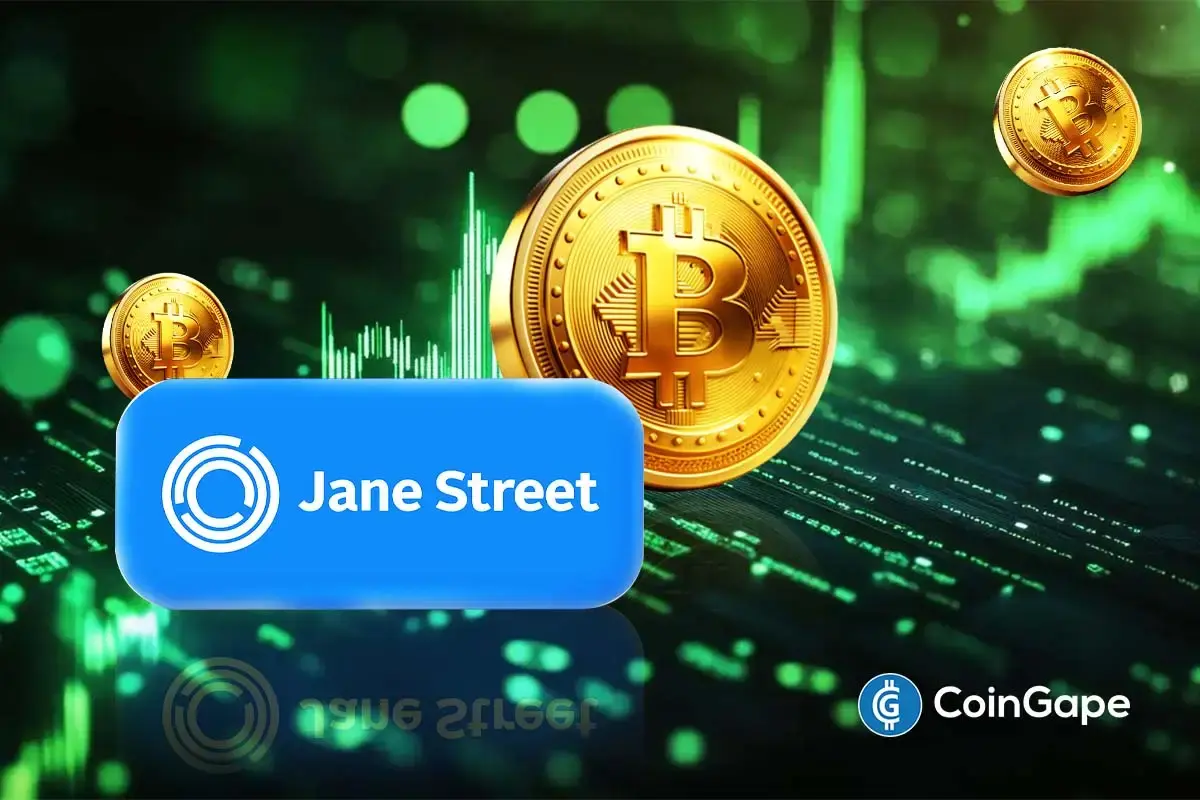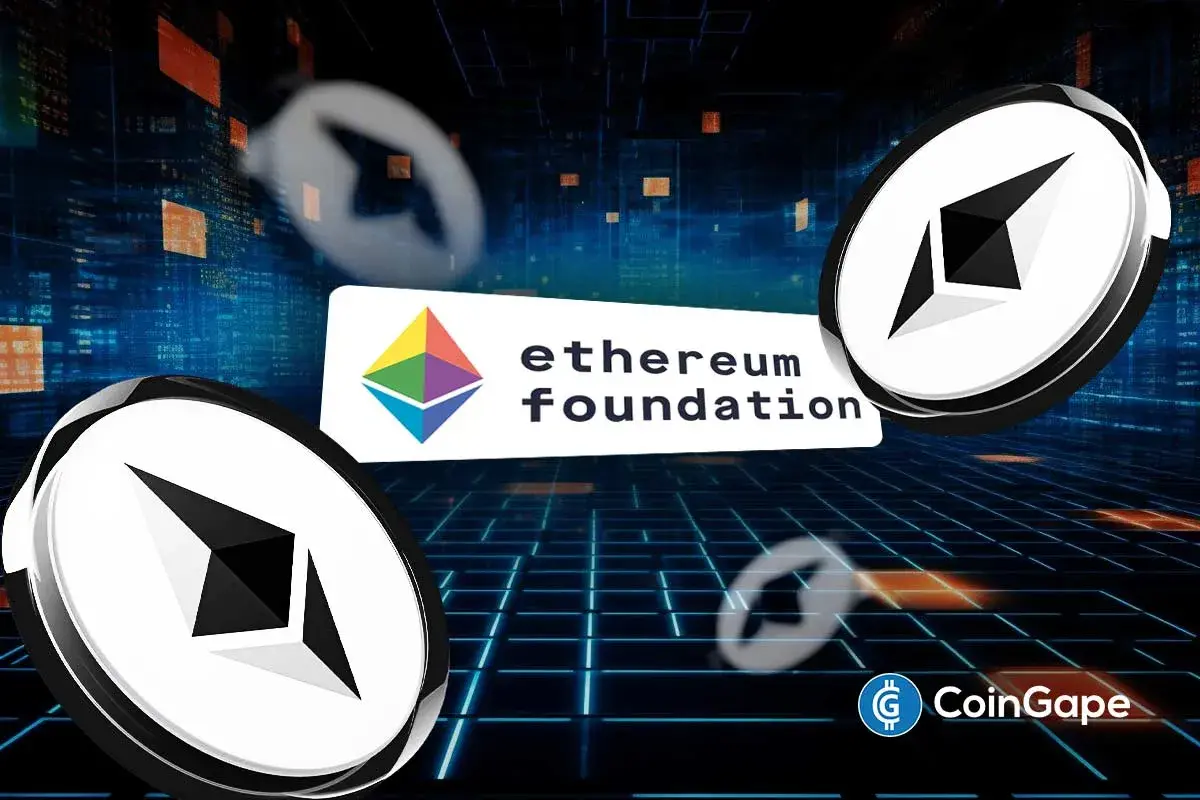Is Ethereum Censorship By The OFAC Possible? Here’s What Vitalik Buterin Think

Ethereum co-founder Vitalik Buterin considers enforcing censorship by regulators as an attack on Ethereum. He voted in favor of burning the ETH stakes of staking providers via social consensus if they comply and censor transactions at the Ethereum protocol level with validators.
Vitalik Buterin Strongly Opposes Forced Ethereum Censorship
Ethereum co-founder Vitalik Buterin in a tweet on August 16 revealed that he has voted to “Consider the censorship an attack on Ethereum and burn their stake via social consensus” in a Twitter poll by Eric Wall.
The sanction, or forced censorship, of crypto mixer Tornado Cash by the Treasury Department’s Office of Foreign Assets Control (OFAC) raises concerns over the potential censorship of Ethereum post-Merge. A Dune dashboard data reveals that over 66% of the Beacon chain validators are likely to comply with the OFAC.
If a majority of staking providers such as Lido, Coinbase, Kraken Exchange, Staked, and Bitcoin Suisse agree to comply with OFAC regulations and censor at the Ethereum protocol level with validators. So, will the Ethereum community “Consider the censorship an attack on Ethereum and burn their stake via social consensus” or “Tolerate the censorship.”
In fact, many consider Ethereum to be more prone to censorship or forced regulatory attack by regulators after its transition to proof-of-stake (PoS). Fortunately, 62% of users believes it’s best to burn ETH stakes of providers if they choose to censor transactions. Ethereum co-founder Vitalik Buterin also favors burning the stakes.
Moreover, many consider unstaking their ETH off centralized exchanges as these are most likely to comply with regulations. Community pushbacks against such shadowbans by regulators are critical for supporting the basic concept of “cryptocurrency.”
The Electronic Frontier Foundation tweeted the First Amendment implications in the Tornado Cash case:
“EFF is deeply concerned that the U.S. Treasury Department has included an open source computer project, Tornado Cash, on its list of sanctioned individuals. Tornado Cash is an open-source software project and website that published a decentralized cryptocurrency mixer.”
Censorship Could Break the DeFi System
DeFi protocols including Circle, Aave, Uniswap, Balancer, dYdX, Alchemy, and Infura have already started to block addresses associated with Tornado Cash and addresses sanctioned by the OFAC.
The governments and regulators’ forced enforcement against open-source technology and its developers is a potential risk to the DeFi system as well as the concept of “decentralization.”
Any DeFi assets including stablecoins, smart contracts, DAO, protocols, or company are at high risk.
Play 10,000+ Casino Games at BC Game with Ease
- Instant Deposits And Withdrawals
- Crypto Casino And Sports Betting
- Exclusive Bonuses And Rewards

- Breaking: Ethereum Treasury BitMine Adds 50,928 ETH as Tom Lee Predicts March Bottom For Crypto Prices
- Bitget Champions Women’s Role in Crypto as Part of International Women’s Day Campaign
- Breaking: Michael Saylor’s Strategy Adds 3,015 BTC as Bitcoin Holds Steady Despite U.S.-Iran War
- BitMine’s Tom Lee Bets on ‘March Turnaround’ to Spark Crypto Market Recovery
- Bitget Unveils MotoGP-Inspired ‘Smarter Speed Challenge’ for Crypto, Stocks, and Gold Trading in Latest UEX Push
- Pi Coin Price Prediction for March 2026 Amid Network Upgrade, KYC Boost, Rewards Distribution
- Gold Price Nears ATH; Silver Eyes $100 Breakout on Us- Iran War
- Bitcoin And XRP Price As US Kills Iran Supreme Leader- Is A Crypto Crash Ahead?
- Gold Price Prediction 2026: Analysts Expect Gold to Reach $6,300 This Year
- Circle (CRCL) Stock Price Prediction as Today is the CLARITY Act Deadline
- Analysts Predict Where XRP Price Could Close This Week – March 2026

 Buy $GGs
Buy $GGs

















